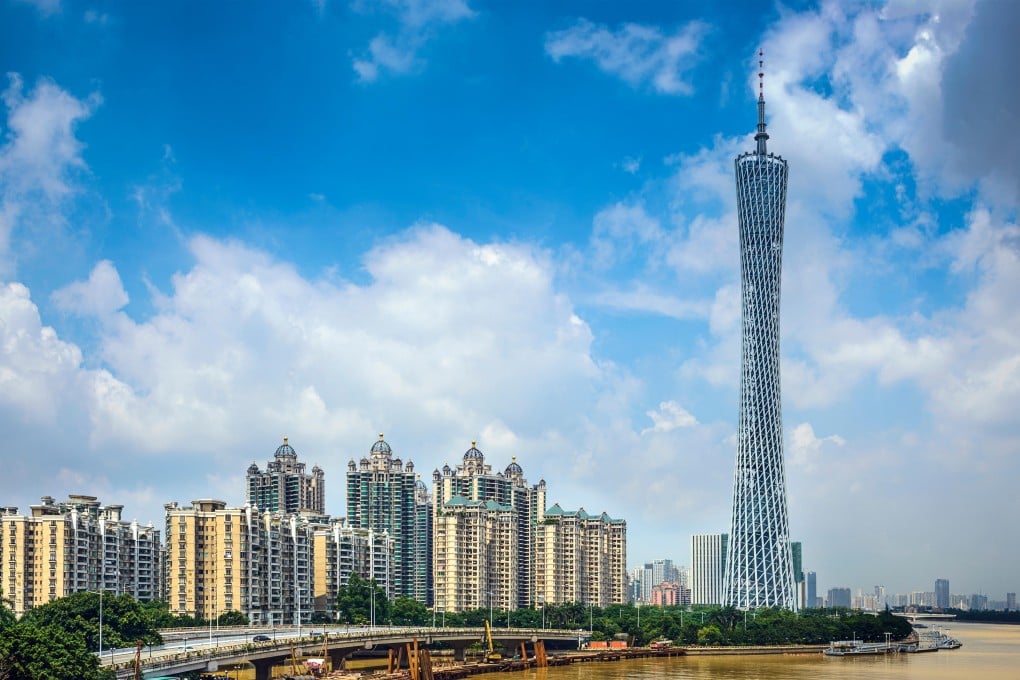Guangzhou becomes latest mainland China city to ease curbs on apartment sales. Who’s next?
- End of 21-month ban a policy recalibration, not all-out loosening, according to analysts
- Experts say Beijing is adopting a ‘city-by-city’ approach on easing restrictions

Guangzhou, one of mainland China’s largest cities, ended a 21-month ban on the sale of apartments to individuals late on Wednesday, but analysts were quick to point out the move was more of a policy recalibration, rather than an all-out loosening.
In a statement released on Wednesday evening, the city’s Land and Urban-rural Development Commission said apartment projects acquired before March 30, 2017, when the sales ban was imposed, could be sold to individuals starting Thursday. Projects acquired after that date can, however, still only be sold to companies.
Heze fires the first salvo against the state’s year-long property market curbs
The move comes a day after Heze, a small city in eastern China, lifted its two-three year home resale ban to become the mainland’s first city to ease curbs on property resale in two years.
“A common feature of the Heze and Guangzhou cases is that they aim to improve the liquidity of properties. When compared with moves such as easing purchasing eligibility restrictions and lowering down payment requirements, the current changes are much less potent,” said Xie Haoyu, a property analyst with Guotai Junan Securities. “The aim is to stabilise the market in the medium term, instead of stimulating prices in the short term,” he added.
Other experts said Beijing was adopting a “city-by-city” approach that would allow policy recalibration if the curbs in place were considered too stiff.
The aim is to stabilise the market in the medium term, instead of stimulating prices in the short term
This latest sign of easing comes amid the drafting of an economic policy framework for 2019 in Beijing. And many expect the introduction of more easing measures to cushion a broader economic slowdown amid softer housing sales and a bearish outlook. Industry experts are waiting to see whether Beijing will prioritise economic growth after a two-year campaign aimed at cooling home prices.